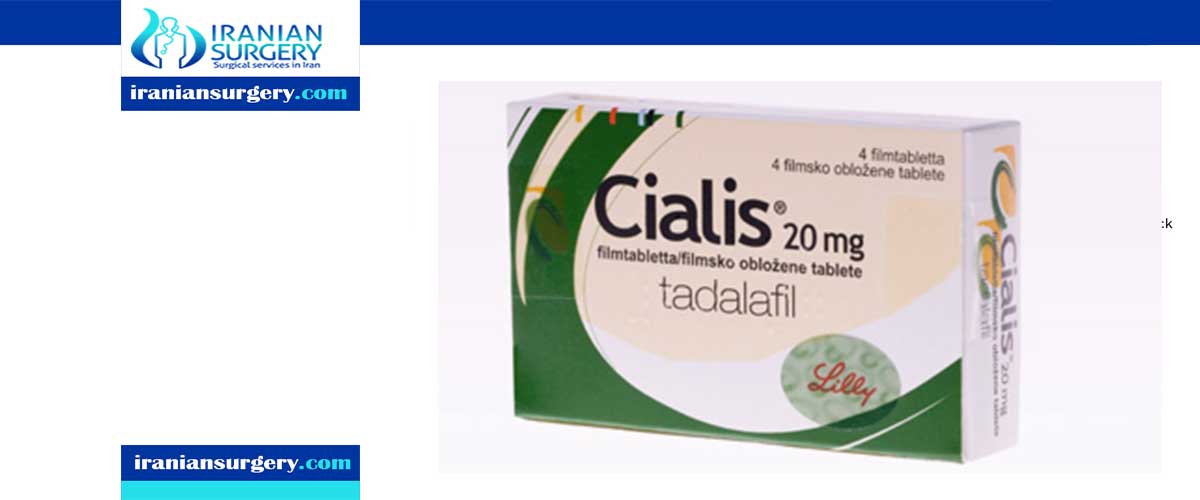BPH treatment drugs

BPH treatment drugs
Medication
Medication is the most common treatment for mild to moderate symptoms of prostate enlargement. The options include:
- Alpha blockers.These medications relax bladder neck muscles and muscle fibers in the prostate, making urination easier. Alpha blockers — which include alfuzosin (Uroxatral), doxazosin (Cardura), tamsulosin (Flomax) and silodosin (Rapaflo) — usually work quickly in men with relatively small prostates. Side effects might include dizziness and a harmless condition in which semen goes back into the bladder instead of out the tip of the penis (retrograde ejaculation).
- 5-alpha reductase inhibitors.These medications shrink your prostate by preventing hormonal changes that cause prostate growth. These medications — which include finasteride (Proscar) and dutasteride (Avodart) — might take up to six months to be effective. Side effects include retrograde ejaculation.
- Combination drug therapy.Your doctor might recommend taking an alpha blocker and a 5-alpha reductase inhibitor at the same time if either medication alone isn't effective.
- Tadalafil (Cialis).Studies suggest this medication, which is often used to treat erectile dysfunction, can also treat prostate enlargement.
Alpha-blockers
Alpha-blockers can help treat BPH. These drugs also work by helping to relax certain muscles, including your bladder outlet muscles. This makes it easier for people with BPH to pass urine. With better urine flow, you’ll be able to empty your bladder more completely.
Most people take alpha-blockers for BPH long-term, often for life. These drugs can give you relief quickly. They work within a few days or couple of weeks of when you start taking them.
Alpha-blockers for BPH include:
- alfuzosin (Uroxatral)
- prazosin (Minipress)
- terazosin (Hytrin)
- doxazosin (Cardura)
- silodosin (Rapaflo)
- tamsulosin (Flomax)
Alpha-blockers are often also used to lower blood pressure. They help keep your arteries open to improve blood flow. Because these drugs lower blood pressure, they may cause lightheadedness or dizziness in people who take them for BPH. For this reason, you should stand up slowly from sitting or lying positions, especially during your first few days of treatment.
5-alpha reductase inhibitors
These drugs are often prescribed to men with especially large prostates. They interfere with the hormones that promote prostate growth. This helps slow the growth of the prostate and in turn eases BPH symptoms.
You’ll take these drugs for life to ease your BPH symptoms. These medications can take several months to work fully. Examples of 5-alpha reductase inhibitors include:
- finasteride (Proscar, Propecia)
- dutasteride (Avodart)
- dutasteride/tamsulosin (Jalyn)
Combination therapy and another option
Some men see the best results by taking both an alpha-blocker and a 5-alpha reductase inhibitor. Taking both medications may work better to ease your symptoms, but you may also have a higher risk of side effects from one or both drugs.
You shouldn’t take tadalafil or any other PDE-5 inhibitor in combination with alpha-blockers.
Tadalafil (Cialis)
Cialis is the brand name for tadalafil, a drug used to treat erectile dysfunction. It is similar to Viagra and Levitra. Under the brand name Adcirca, tadalafil is used for pulmonary arterial hypertension.
Cialis increases blood flow to the penis, and this enables a man to achieve an erection. It does not lead to sexual arousal. It should be used with caution, and only under medical supervision.
Tadalafil was approved by the United States (U.S.) Food and Drug Administration (FDA) in 2003 for the treatment of erectile dysfunction (ED). It is also used to treat pulmonary arterial hypertension and benign prostatic hyperplasia, a condition in which the prostate gland becomes enlarged, causing problems with urination.
10 common question about BPH treatment drugs
[kkstarratings]


